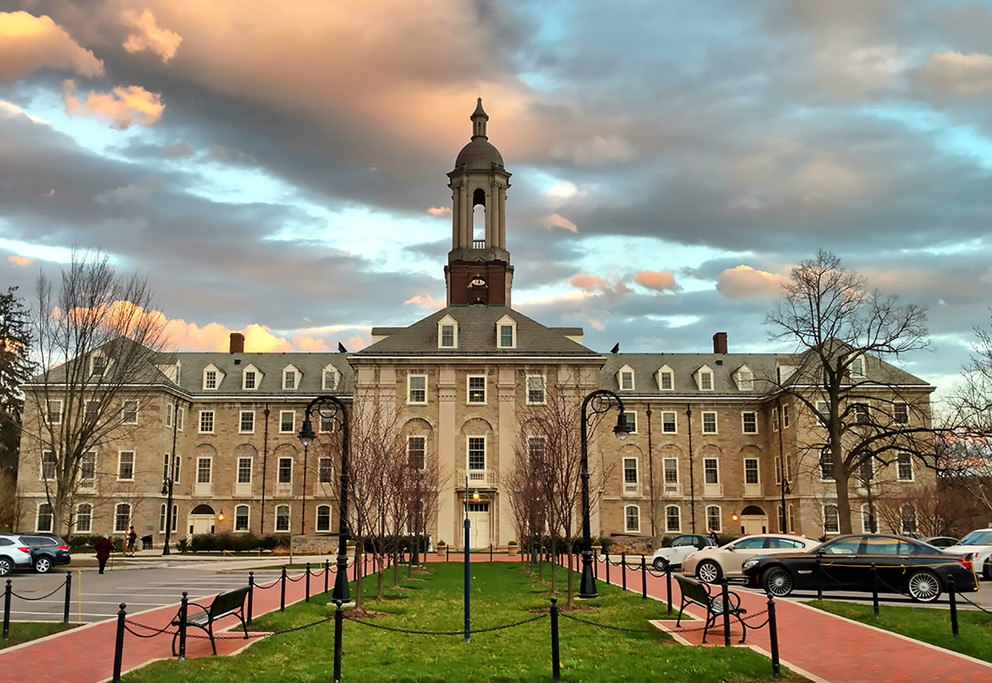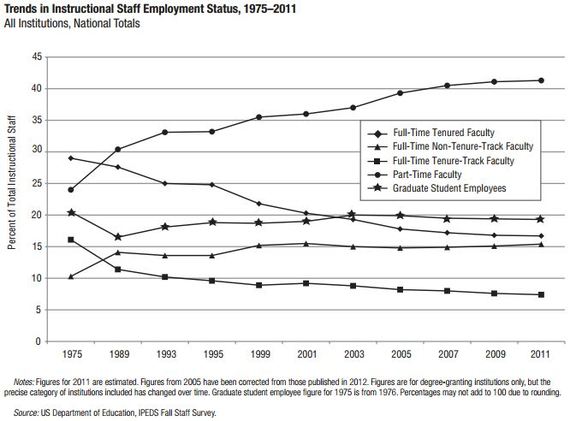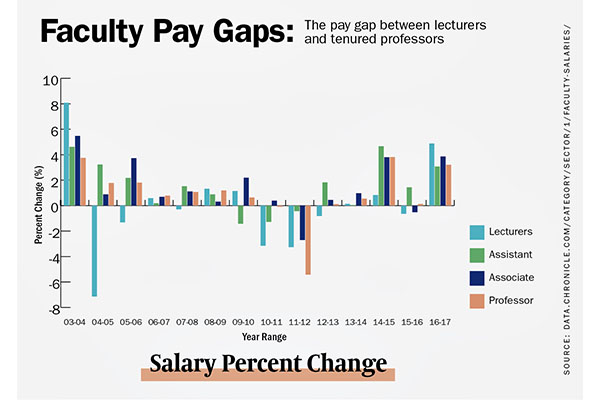
Introduction
Thus far in this blog, I have focused on issues relating to primary and secondary education. To end the series, I will change things up by discussing an ongoing debate in college education: the role of tenure in the future of higher education. According to the American Association of University Professors, tenure is “an indefinite appointment that can be terminated only for cause or under extraordinary circumstances such as financial exigency and program discontinuation.” According to the organization, “the principal purpose of tenure is to safeguard academic freedom, which is necessary for all who teach and conduct research in higher education.” In other words, tenure is meant to allow professors to research controversial topics, without the fear of economic or political punishment hanging over their necks. However, in recent years, tenure has come under fire, with critics saying it fails to accomplish these goals in the 21st century.
Trends over Time

As shown in the graph above by The Atlantic, tenure has been steadily decreasing over time. In 1975, almost 45% of all professors were either tenured or tenure-bound. By 2011, that number has plummeted to less than 25%. On the other hand, the number of temporary faculty members have skyrockets; while the number of full-time staff in colleges has increased by 25% since 1975, the number of temporary staff has gone up by 300%. According to the Daily Texan (a UT-Austin newspaper), wages for tenured professors have consistently gone up since 2003, while the salary for non-tenured positions has decreased by 0.4% in the same time period.

Arguments Against
According to Harvard Business Review, tenure is expensive; a study done by a professor at Columbia University estimates that offering a professor tenure places a $10 to $12 million on them (if a professor works a 35 year career before retiring). As the cost of college tuition continues to climb over time, (as shown in the graph below)
some argue that committing such a large amount of money only worsens the problem. In addition, according to a New York Times article, the tenure process discourages professors from teaching, and places a disproportionate level of importance on releasing publications. The same article draws evidence from Columbia University professor David Helfand, who states that when he was at grad school, he witnessed “saw two classes of faculty: one class that was essentially untouchable, no matter productivity or behavior…and another class that was walking on eggshells.” Therefore, critics argue that the tenure system grants academic freedom to a select few (often middle-aged professors), at the expense of a much larger body of young researcher who are scared to step out of line.
Both sides hold a lot of merit. On one end younger professors don’t have a lot of freedom. On the other end taking away political pressure, and making being a professor a more stable job can not be overlooked. There are not many solutions to this problem and the best thing to do seems to be to overhaul the system as a whole and try and find something better.